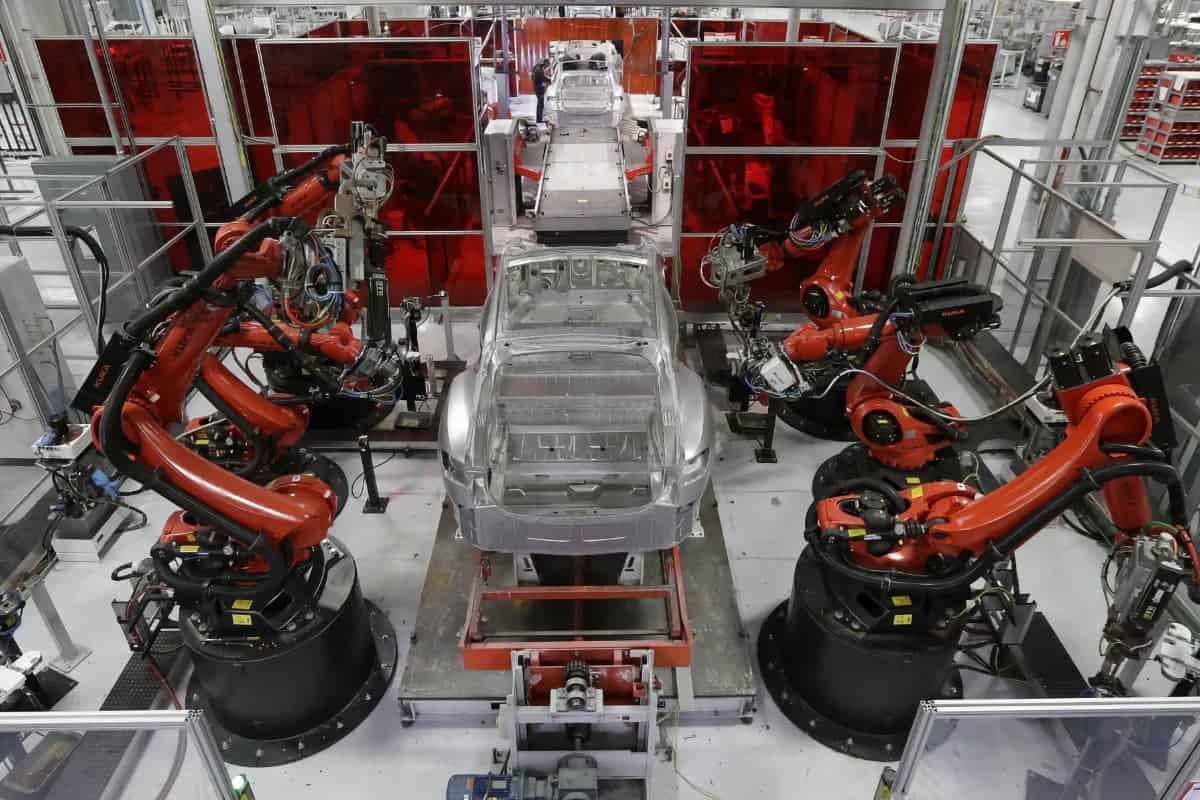In early 2025, Tesla reported a quarterly earnings dip partly linked to rising costs from imported components, even as its U.S.-based production shielded it from direct vehicle import duties. This unexpected twist highlights how global trade policies can ripple through the electric vehicle sector, affecting everything from battery prices to consumer adoption of renewable energy-powered transport.
Understanding Trump’s Tariff Policies
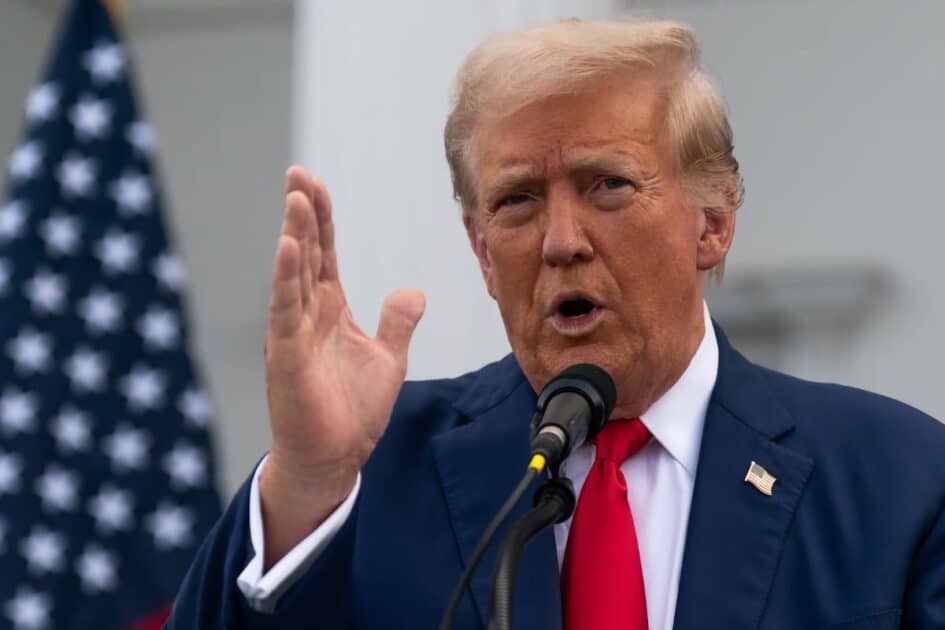
President Trump’s administration implemented broad tariffs starting in January 2025, targeting imported goods to bolster domestic manufacturing. These include a 25% levy on foreign automobiles and auto parts, aimed at countries like China, Germany, and Japan. The goal was to protect American jobs and reduce trade deficits, with tariffs generating billions in revenue for the U.S. Treasury.
These measures extend to components critical for electric vehicles, such as batteries and electronic components. For the auto industry, this has meant higher costs for imported materials, estimated to add thousands of dollars per vehicle in some cases. Analysts from Goldman Sachs project that sustained 25% tariffs could increase overall car prices by 5% to 15% across the sector.
Electric mobility relies heavily on global supply chains, particularly for rare earth minerals and lithium-ion batteries sourced from Asia. This policy intersects with the shift toward renewables, where solar power, wind power, and energy storage devices face similar import pressures.
Is Tesla Affected by These Tariffs?
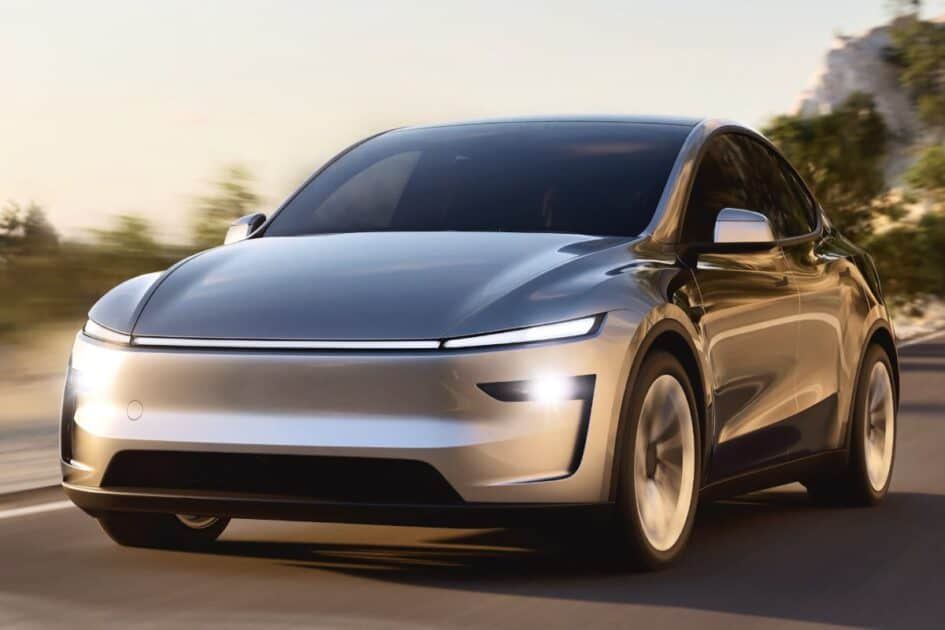
Yes, Tesla is affected by President Trump’s tariffs, though the impact is nuanced and less severe compared to foreign competitors. Tesla’s primary advantage stems from its domestic production facilities in the U.S., including factories in California, Texas, Nevada, and New York. This setup exempts its vehicles from the 25% import tariff on finished cars, positioning Tesla favorably against rivals like Chinese EV makers BYD or European brands such as Volkswagen.
However, tariffs on auto parts and batteries create significant challenges. Tesla sources 30% to 40% of its components from abroad, including lithium iron phosphate battery cells from China. These imports face duties that inflate costs, with Tesla estimating a potential $200 million hit in 2025 alone. This affects not just vehicle production, but also Tesla’s energy business, which includes solar panels and energy storage systems tied to renewable sources like biomass and hydroelectric power.
Retaliatory actions from other nations compound the issue. China responded with a 34% tariff increase on U.S. goods, potentially hindering Tesla’s exports to that market. Tesla’s Shanghai Gigafactory produces vehicles for global distribution, but escalating trade tensions could disrupt this flow, raising logistics expenses and delaying shipments.
Financial and Operational Impacts on Tesla
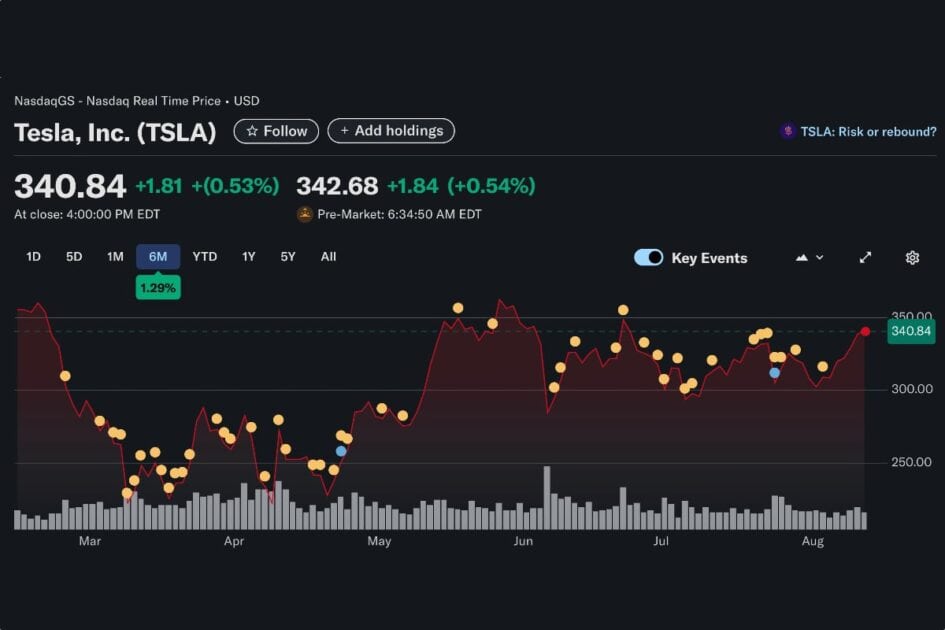
Tesla’s stock experienced a 17% decline following the initial tariff announcements in March 2025, reflecting investor concerns over supply chain disruptions. The company’s first-quarter earnings in 2025 showed a revenue forecast adjustment, attributing part of the moderation to tariff-related cost pressures. Macquarie analysts estimate that tariffs could impact $300 billion to $400 billion in imports relevant to the auto sector, with Tesla feeling a portion through higher battery and component prices.
Operationally, Tesla has accelerated efforts to localize supply chains. The company announced plans to double U.S. vehicle output within two years, leveraging domestic incentives and reducing reliance on foreign parts. This aligns with broader trends in electric mobility, where manufacturers are investing in U.S.-based battery plants to mitigate risks from trade policies.
Despite these hurdles, tariffs provide Tesla a competitive edge. Imported EVs from China, which dominate low-cost segments, become pricier in the U.S., potentially boosting demand for Tesla’s Model 3 and Model Y. This could accelerate Tesla’s market share in electric cars as consumers seek affordable domestic alternatives amid rising import costs.
Broader Implications for Electric Mobility and Renewables
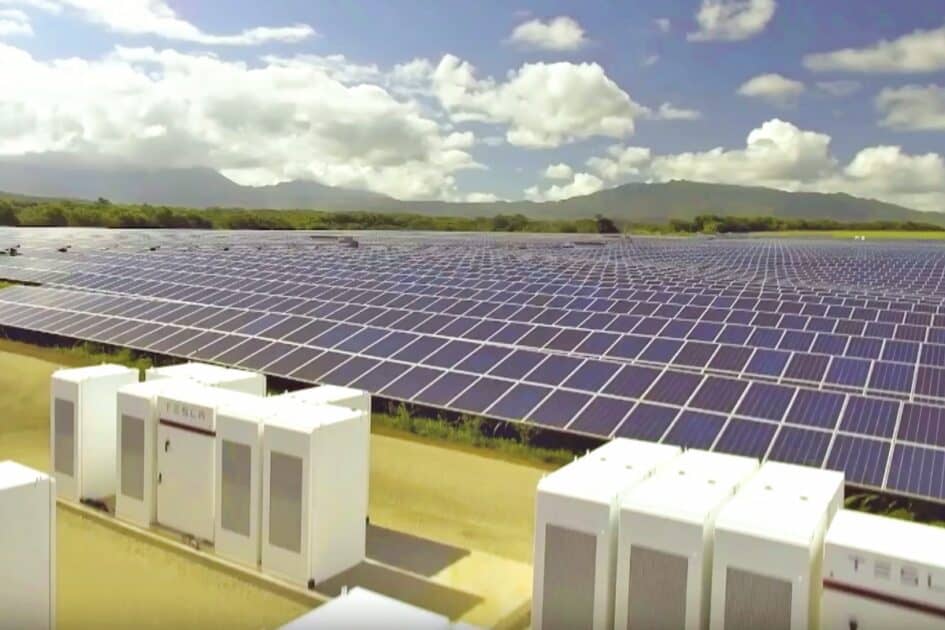
Tariffs influence the transition from fossil fuels to renewables by altering the economics of clean energy technologies. Higher costs for imported solar panels and wind turbine components could slow deployment of renewable sources like solar power and wind power, which integrate with EV charging infrastructure.
In the EV space, tariffs may brake overall adoption by increasing vehicle prices, but they favor U.S.-centric players like Tesla. A Rhodium Group study suggests that without adjustments, EV sales could fall short of 2035 projections by millions of units due to policy shifts, including tariff effects and reduced tax credits. This creates a mixed outlook: short-term pain for supply chains, but long-term gains for domestic innovation in electric commercial vehicles and energy storage.
Public sentiment is divided. Supporters view tariffs as essential for job creation in the auto and renewable sectors, while critics argue they inflate consumer prices and hinder global collaboration on climate goals. Expert opinions, such as those from the International Energy Agency, emphasize that trade barriers could delay the global shift to renewables by 5-10 years if unresolved.
Quotes from Key Figures
Elon Musk, Tesla’s CEO, has publicly addressed the tariffs’ effects. In a March 2025 statement, he noted, “The tariff impact on Tesla is still significant,” highlighting challenges in sourcing parts domestically. Musk has also advocated for moderation, saying in April 2025 that he would “advocate for lower tariffs” to support Tesla’s growth.
President Trump has commented on the policy’s neutrality for Tesla. During a March 2025 announcement, he stated that the tariffs could be “net neutral for Tesla,” praising the company’s U.S. manufacturing as a model for American industry. In an X post, Trump highlighted Tesla’s expansion plans, quoting Musk on doubling output as a sign of faith in U.S. policies.
These statements underscore a complex relationship between the administration and Tesla, blending support for domestic EV leadership with warnings about global trade risks.
Analytical Perspective: Practical Outcomes for Society
From an analytical standpoint, Trump’s tariffs reshape the electric mobility landscape with real-world consequences. For wealthy consumers investing in EVs, higher component costs could mean premium pricing for models like the Tesla Cybertruck, potentially deterring mass adoption. Yet, this incentivizes innovation, such as Tesla’s in-house AI chips and battery tech, which could lower long-term costs.
Societally, tariffs promote U.S. jobs in renewable energy manufacturing, estimated to create thousands of positions in battery and solar facilities. However, they risk inflating energy transition expenses, making renewables less accessible. Hypothetical scenarios based on 2025 data suggest that if tariffs persist, EV market penetration could drop 10-15% by 2030, delaying reductions in fossil fuel dependence.
Balancing these factors, the policy protects domestic interests but demands adaptive strategies from companies like Tesla to maintain momentum in clean energy.
Navigating the Road Ahead
Tesla’s experience with Trump’s tariffs illustrates the intricate ties between trade policy and the electric mobility revolution. While affected through supply chain costs and export risks, Tesla stands to gain from reduced foreign competition.
Stay informed on Electric Guide updates. Subscribe to our newsletter for insights on how policies shape the future of sustainable transport!
Frequently Asked Questions
How do Trump’s tariffs specifically increase costs for Tesla?
Trump’s 25% tariffs on imported auto parts and batteries directly raise Tesla’s expenses, as 30-40% of its components come from abroad, particularly China. This has led to an estimated $200 million impact in 2025, affecting vehicle pricing and energy storage products tied to renewables.
Why might Tesla benefit from Trump’s tariffs despite the challenges?
Tesla’s U.S.-based manufacturing exempts its vehicles from car import tariffs, making them more competitive against foreign EVs. This could boost market share in electric cars and support domestic renewable integration, even as parts costs rise.
What have Elon Musk and President Trump said about tariffs’ effects on Tesla?
Musk has described the impact as significant and plans to push for lower tariffs, while Trump has called the policy net neutral for Tesla, highlighting its domestic production as a strength in the electric vehicle sector.
